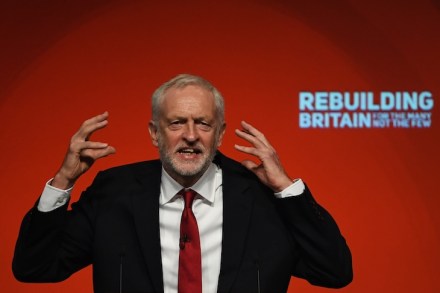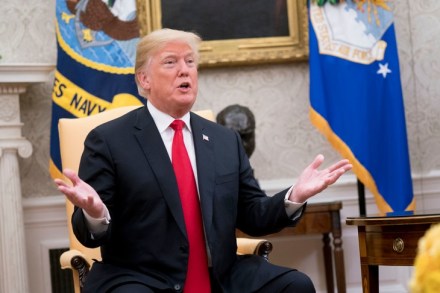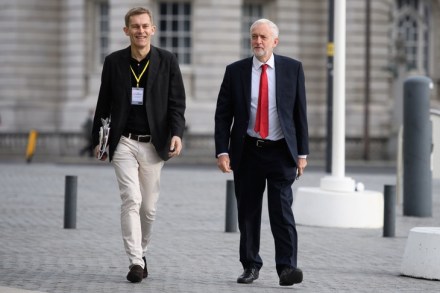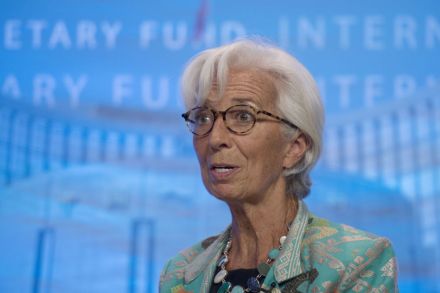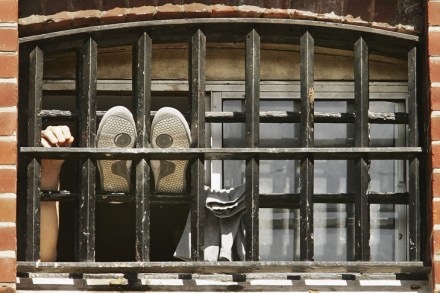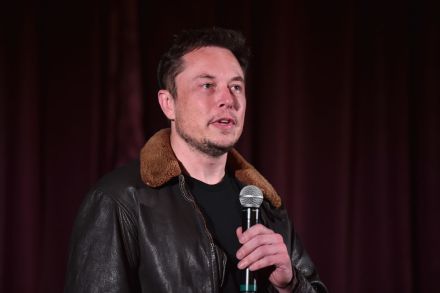Exclusive: Why the Tories feel so spooked by Jeremy Corbyn
One of the things that the Tory conference taught us was quite how worried the party is about Labour. There was almost a Mean Girls-style obsession with talking about Jeremy Corbyn in speeches on the stage, including Theresa May’s own address at the end of conference, where she returned to the problems with the Labour Party a number of times. The Tories are right to be worried, and not just as a result of last year’s snap election. I understand that the reason Labour has decided to talk so much about the way capitalism has left certain voters behind is that recent polling carried out by the party found it
